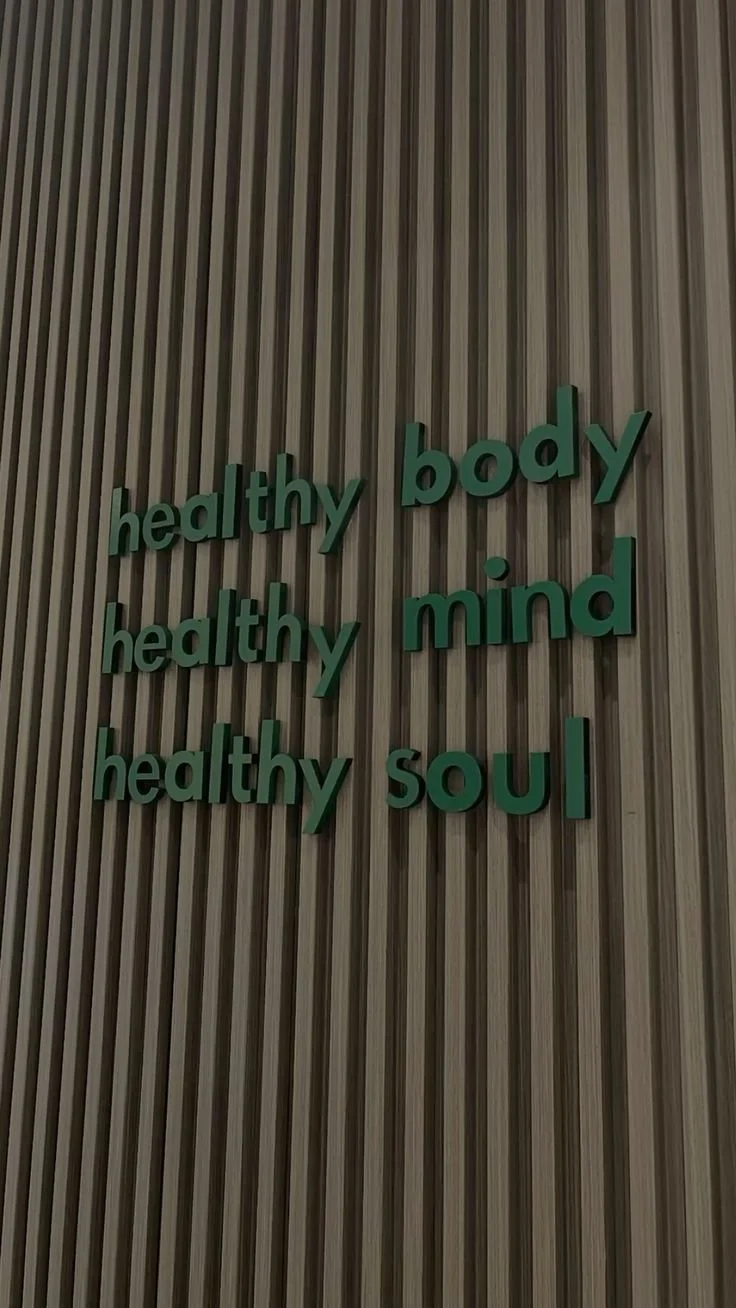4 Benefits Of Specialized Cognitive Care For Seniors
As we age, changes in cognitive function are natural. For many seniors and their families, these changes can lead to concerns about memory, independence, and overall well-being. Fortunately, there are effective ways to support brain health and maintain mental sharpness in later years.
One of the most impactful approaches is specialized cognitive care—a structured and compassionate form of support designed to preserve and enhance mental function. This type of care not only addresses cognitive decline but also promotes emotional, physical, and social wellness.
In this article, we’ll explore four key benefits of specialized cognitive care for seniors and how it can significantly improve their quality of life.
No. 1
Enhances Memory Function
Memory plays a crucial role in everyday life, helping us remember names, recognize faces, and recall important events. As memory naturally declines with age, targeted interventions can help slow the process and even improve recall abilities.
Specialized cognitive care includes activities and exercises specifically designed to stimulate memory. These may involve:
Memory games and brain-training apps
Puzzles and word challenges
Guided discussions and reminiscence therapy
Engaging in these types of cognitive exercises helps strengthen neural connections and improve mental agility. Just like physical muscles, the brain benefits from regular “workouts.” The more seniors use their memory in meaningful ways, the better it functions—leading to increased confidence and mental clarity.
No. 2
Fosters Emotional Well-Being
Emotional health is just as vital as physical and cognitive health, particularly in older adults. Feelings of loneliness, anxiety, or depression can arise due to lifestyle changes, loss of independence, or reduced social interaction.
Specialized cognitive care for seniors often includes emotional support as a core component. This may involve:
One-on-one counseling or therapy
Group activities and social engagement
Opportunities for creative expression (e.g., art or music therapy)
These supportive environments foster a sense of belonging and purpose. Seniors are encouraged to share their thoughts, connect with others, and participate in meaningful activities. As a result, they experience improved mood, reduced stress, and a greater sense of joy in daily life.
Additionally, caregivers trained in cognitive care understand how to interact with empathy and respect, honoring each senior’s unique history and experiences. This personalized approach creates trust and enhances emotional resilience.
No. 3
Encourages Independence
Maintaining independence is a top priority for many seniors. However, cognitive decline can make it difficult to manage daily routines, leading to frustration and a loss of confidence.
Specialized cognitive care empowers seniors by providing tools and strategies to navigate everyday tasks more effectively.
These may include:
Medication management techniques
Calendar and schedule organization
Problem-solving and decision-making support
By learning and practicing these skills, seniors regain a sense of control over their lives. As they become more confident in managing their responsibilities, their overall quality of life improves.
Moreover, families benefit from knowing their loved ones are supported by professionals who understand the nuances of specialized cognitive care for seniors. This reassurance allows family members to focus on enjoying time together rather than worrying about daily care needs.
Headspace
Discover tools for peace of mind with Headspace. Tailored mindfulness and meditation tools designed to support individuals with dementia and Alzheimer’s, fostering calm, focus, and connection.
No. 4
Improves Physical Health
Cognitive and physical health are deeply interconnected. When seniors engage in cognitive care programs, they are often encouraged to participate in light physical activities that complement mental stimulation.
These programs may include:
Chair yoga or stretching routines
Walking groups or light aerobics
Movement-based games that combine mental and physical tasks
This holistic approach supports both brain and body wellness. Regular physical activity improves circulation, boosts mood, and enhances sleep quality—all of which contribute to better cognitive performance.
By integrating physical movement into cognitive care, seniors experience comprehensive health benefits that help them feel more vibrant and energized.
No. 5
Taking Care of Seniors
Specialized cognitive care offers a wide range of benefits that go beyond memory improvement. It nurtures emotional well-being, fosters independence, and promotes physical health—all while preserving the dignity and individuality of each senior.
For families seeking ways to support their aging loved ones, investing in cognitive care is a meaningful step toward a brighter, healthier future. It ensures that seniors not only receive the care they need but also thrive in their later years with purpose and joy.
Takeaways
Aging doesn’t have to mean a decline in quality of life. With specialized cognitive care, seniors can maintain mental sharpness, emotional balance, and physical vitality. These programs are designed to meet the unique needs of older adults, offering personalized support that empowers them to live fully and independently.
By embracing cognitive care, families can rest assured that their loved ones are receiving compassionate, expert attention tailored to their well-being. More than just a service, it’s a commitment to helping seniors live with dignity, purpose, and joy.
Looking for Wellness resources?
Are you looking to enhance your wellness routine? Explore our wellness partners who offer a wide range of resources to support your journey toward holistic living and well-being.































